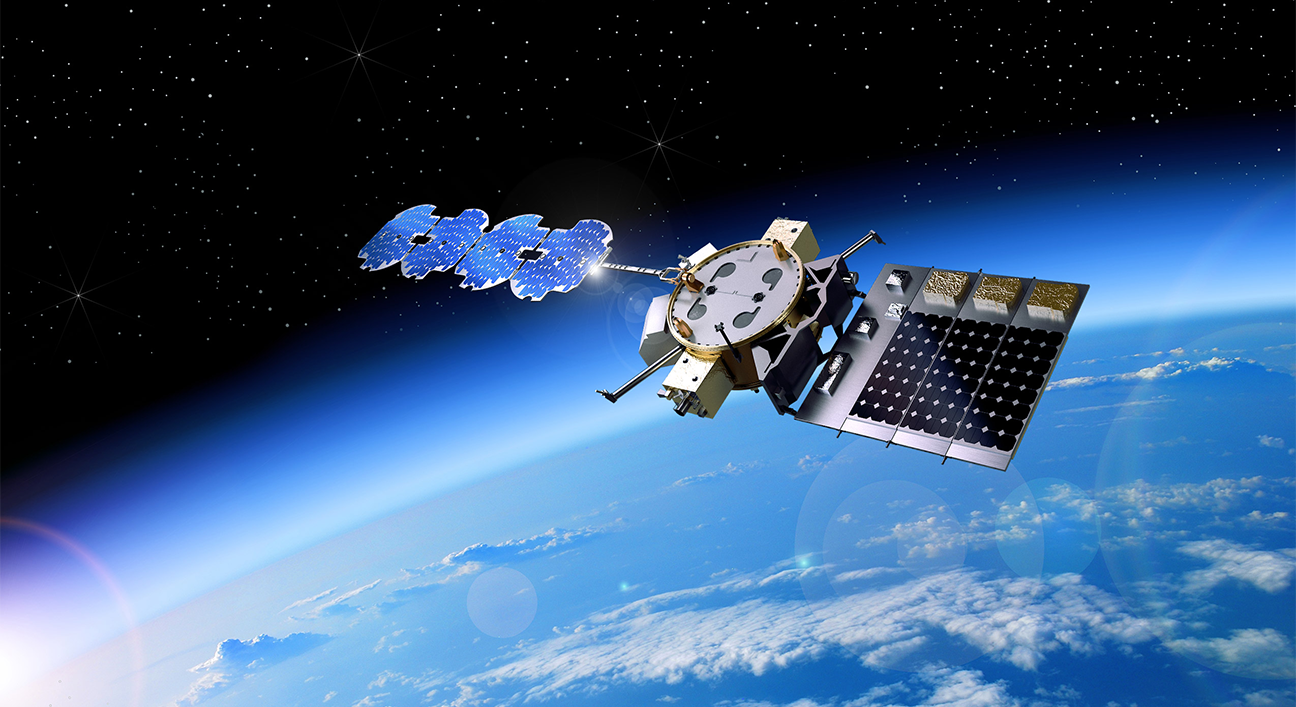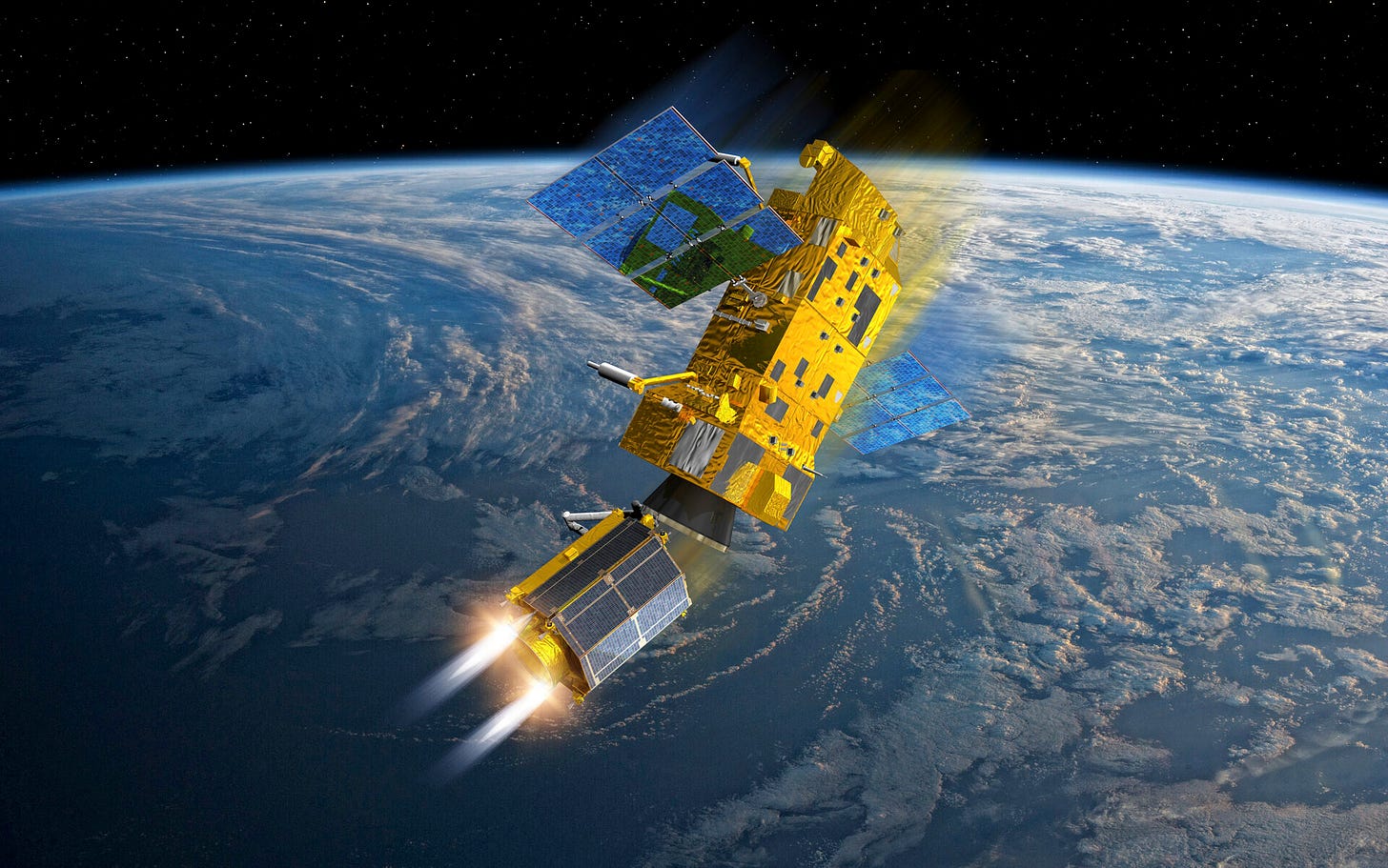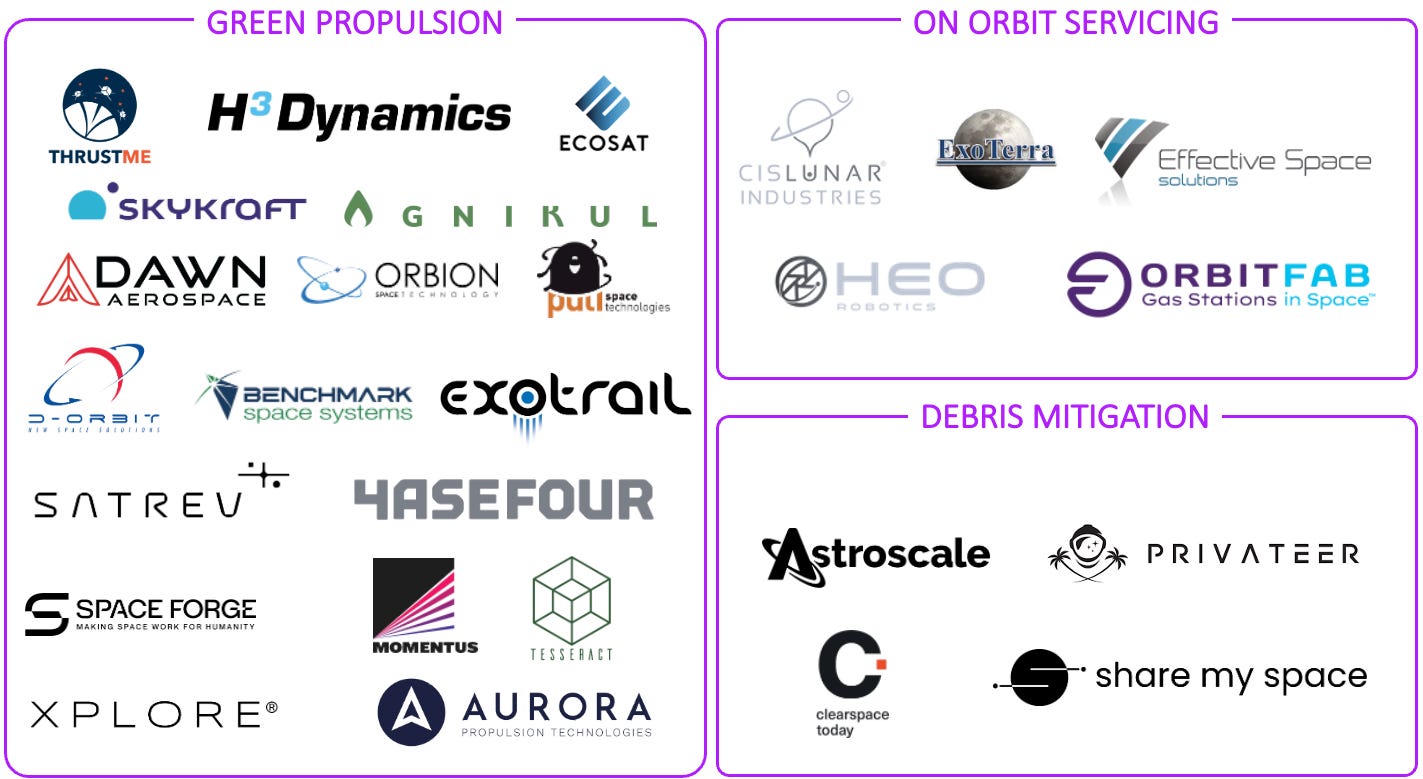Pioneers in the Eco-Friendly Space Frontier
Stars, Sustainability, and Success: Pioneering Innovations and Opportunities in Sustainable Space Entrepreneurship
1.0 Introduction
It is impossible to exaggerate the growing importance of sustainable practices in space exploration and business. The space industry continues to see an increase in demand for environmentally friendly solutions as our society becomes more aware of the effects of human activity on the environment. This paper aims to inform venture capital investors about the expanding potential of sustainable space entrepreneurship, highlighting important companies, technologies, and market trends. From 2009 to 2021, the space industry has seen significant expansion in recent years, with nearly $25.6 billion in space startup investments. From well-known aerospace companies to innovative startups, this emerging market has attracted a wide range of participants working to make space exploration more ecologically and environmentally friendly.
Various innovative technologies and practices, such as green propulsion systems, the removal of space debris, and space manufacturing, drive the sustainable space industry. According to a report by Space Angels, private investment in space companies will increase by 95% between 2019 and 2021. The growing demand for sustainable solutions in the space sector is expected to drive this trend further and attract significant VC investments in the coming years.

2.0 Innovations in Sustainable Space Technology
The sustainable space industry is characterized by innovative technologies that address the environmental challenges of space exploration and commercialization.
Green Propulsion Systems and Reusable Rockets
Green propulsion systems are being developed, such as those that usenon-toxicpropulsion, to reduce the environmental impact of rocket launches. The Falcon 9 and Falcon Heavy rockets from SpaceX are excellent examples of reusable launch vehicles that significantly reduce space missions' costs and ecological footprint.
Space Debris Mitigation and Recycling
With more than 27,000 space debris in orbit around the Earth, sustainable space companies focus on mitigating this problem. Astroscale, a startup specializing in orbital maintenance and the removal of space debris, has launched its ELSA-d mission aimed at demonstrating the feasibility of capturing and safely disposing of satellites that have been destroyed.
Solar Energy and Resource Utilization for In-Space Manufacturing
In space, manufacturing resources from asteroids, the Moon, or Mars can reduce the need to transport materials from the Earth and minimize costs and environmental impacts. Companies like Deep Space Industries and Planetary Resources are developing technologies to harness solar energy and transform locally produced resources into valuable materials.
3.0 Policy and Regulatory Framework for Sustainable Space
To create a sustainable space ecosystem, a collaborative approach must be adopted, including international cooperation, government initiatives, and the involvement of the private sector. Establishing a policy and regulatory framework to encourage sustainable practices can ensure the long-term sustainability of space exploration and commercialization. International treaties and agreements are essential in promoting sustainable space practices and the area basis for global cooperation.
Some important agreements include:
The Outer Space Treaty (1967): This foundational treaty establishes that space exploration should be conducted for the benefit of all humanity and that celestial bodies should be preserved for peaceful purposes.
The UN Guidelines for the Long-term Sustainability of Outer Space Activities (2019): These guidelines, adopted by the United Nations Committee on the Peaceful Uses of Outer Space (UNCOPUOS), provide a framework for responsible space activities to ensure the long-term sustainability of outer space.
The Space Debris Mitigation Guidelines (2007): Developed by the Inter-Agency Space Debris Coordination Committee (IADC), these guidelines provide recommendations to minimize the creation of space debris and promote sustainable space practices.
Governments worldwide have implemented various programs and financing initiatives to encourage sustainable space enterprises.
Among the notable examples are:
The European Space Agency's Clean Space initiative: This program aims to minimize the environmental impact of space activities by promoting eco-design, space debris mitigation, and green technologies.
NASA's Artemis program: With a focus on sustainability, NASA's Artemis program aims to establish a long-term human presence on the Moon using reusable spacecraft, in-situ resource utilization, and international partnerships.
The UK Space Agency's Space for Climate initiative: This program supports projects that use satellite data to tackle climate change and promote sustainable development, fostering collaboration between the space and environmental sectors.
Participation in the private sector and public-private partnerships are crucial to driving innovation and investment in sustainable space technology. Some examples of private sector participation include:
Commercial Resupply Services (CRS) contracts: NASA has awarded contracts to private companies like SpaceX and Northrop Grumman to provide cargo resupply services to the International Space Station (ISS), driving the development of reusable spacecraft and efficient launch systems.
Commercial Lunar Payload Services (CLPS) program: NASA has partnered with several private companies, including Astrobotic and Intuitive Machines, to deliver payloads to the lunar surface, fostering the development of sustainable lunar exploration technologies.
The Luxembourg Space Resources initiative: This government-led initiative supports the development of space resource utilization technologies and has attracted several private companies, such as Deep Space Industries and Planetary Resources, to establish operations in Luxembourg.
The sustainable space policy and regulatory framework can ensure responsible and environmentally friendly space exploration and commercialization by encouraging international cooperation, government support, and private sector participation.
4.0 Challenges and Opportunities in Sustainable Space Entrepreneurship
Technological barriers and limitations
The sustainable space industry faces several technical obstacles, including developing environmentally friendly propulsion systems, producing light materials with minimal environmental impact, and designing effective waste management solutions. To overcome these challenges, significant investments in research and development are required.
Balancing sustainability with cost and efficiency
Sustainable space technologies often bring higher initial costs than traditional technologies. These innovations must show clear value propositions for long-term cost savings and operational efficiency to become commercially viable. Companies that achieve this balance will attract VC funding and gain a competitive advantage in the market.
Addressing ethical considerations in space exploration
As the sustainable space industry expands, companies must navigate complex ethical issues, such as equitable access to space resources, preserving the heritage of celestial bodies, and avoiding the militarization of space. Proactively addressing these concerns will foster public support and maintain regulatory compliance.
5.0 The Future of Sustainable Space Entrepreneurship
Emerging trends and technologies
On-orbit servicing and refueling can extend the lifespan of satellites and reduce space debris.
Advanced manufacturing techniques, such as 3D printing, produce lightweight, eco-friendly materials for spacecraft.
Artificial intelligence and autonomous systems for managing sustainable space operations.
Potential for collaboration between traditional and sustainable space companies
Collaboration between established aerospace companies and sustainable space startup companies can accelerate the introduction of ecological technology and market adoption. The partnerships can combine traditional space companies’ resources and expertise with the agility and creativity of new entrants.
The role of sustainable space entrepreneurship in achieving global sustainability goals
Collaboration between established aerospace companies and sustainable space startup companies can accelerate the introduction of ecological technology and market adoption. The partnerships can combine traditional space companies’ resources and expertise with the agility and creativity of new entrants.
6.0. Conclusion
The sustainable space industry can change space exploration by reducing its environmental impact, facilitating accessibility, and supporting international cooperation. By adopting sustainable practices, the industry can ensure the long-term sustainability of space exploration and commercialization for future generations.
To fully exploit the potential of sustainable space entrepreneurship, continued innovation, cooperation, and investment are essential. By supporting this emerging sector, VC investors can contribute to a more sustainable future in space and create new economic opportunities at the end of the boundary.







